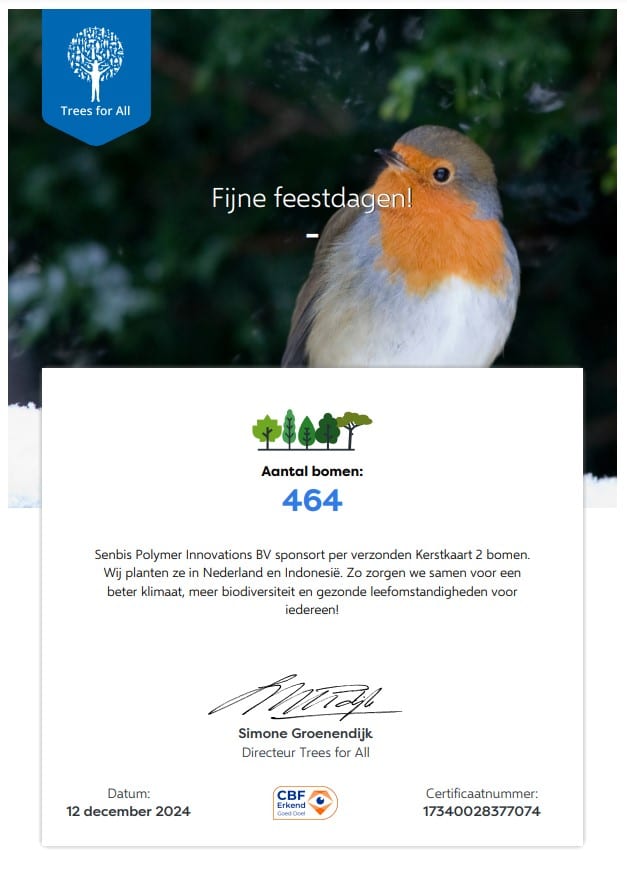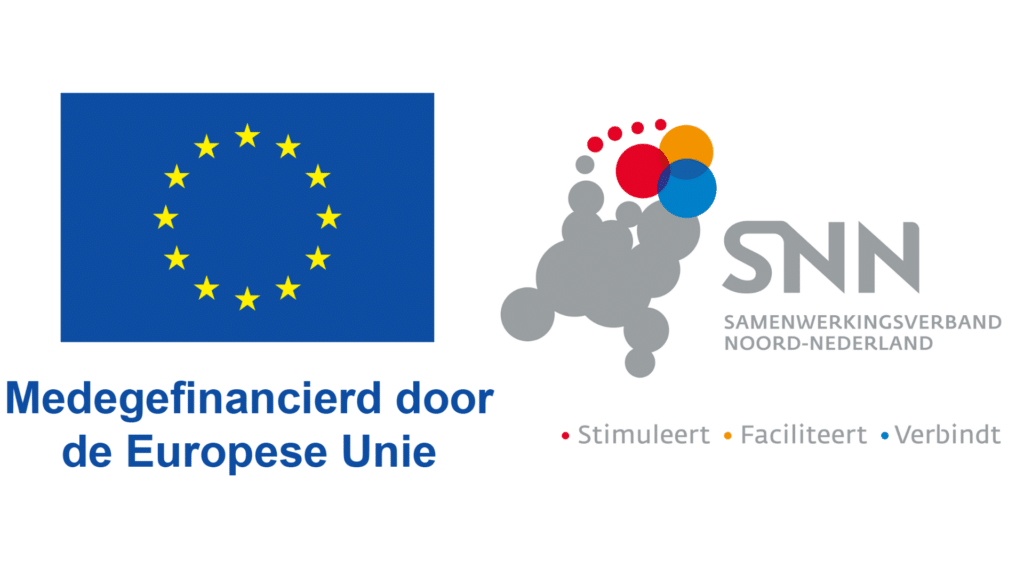In August 2021, Senbis, Sweco, AnteaSport, Edel Grass and TenCate will install the world’s first biodegradable artificial turf football field. This GreenMaxx field is the result of a research assignment from the Dutch Ministry of Health, Welfare and Sport. The 1000 m2 small-sided games field will be installed at EHS’85 in Emmen, the Netherlands, and consists of a biodegradable artificial turf carpet and infill. The field can be fully recycled or converted to compost at the end of its life.
This offers enormous opportunities for environmental gain, as there are approximately 3,500 artificial turf fields in the Netherlands. In 2019, the Dutch Ministry of Health, Welfare and Sport issued a tender in order to further stimulate sustainable innovations in this sector. Senbis Polymer Innovations from Emmen won the tender with the concept GreenMaxx compostable artificial turf with maximum environmental benefits.
Collaboration essential for successful innovation
Senbis is an expert in the field of bioplastics and was looking for collaboration opportunities with innovative companies in the artificial turf sector in order to deliver the assignment accordingly. A consortium was formed with Sweco engineers, installing company AnteaSport, artificial turf producer Edel Grass and yarn supplier TenCate. The biodegradable GreenMaxx field was developed within a year and a half. Demonstrating the sports performance of the field in real circumstances and under different weather conditions is the final step to meet the requirements of sports associations such as the Dutch FA (KNVB). To this end, a pilot field will be installed at EHS’85 this summer. The project is financially backed by the municipality of Emmen and the province of Drenthe.
Henk Brink (Deputy for Economy and Sport, province of Drenthe) is pleased with this groundbreaking innovation hailing from Emmen. “Making our economy more sustainable is important and the reuse of materials is central to this. This circular artificial turf field proves once again that our business community here in Drenthe is at the forefront of the transition to a green economy.” René van der Weide (Alderman for Sustainability and Sport, Municipality of Emmen) believes it is important that the Municipality of Emmen contributes to this sustainable development: “The quality of sports accommodations is important for the quality of life. With this sustainable field for small-sided games, EHS’85 can move forward for years to come.”
GreenFill as infill
Senbis and the consortium partners already achieved success in 2018 with the introduction of the first biodegradable alternative to the crumb rubber used in artificial turf fields. This GreenFill was successfully used in a pilot field at SC Erica in 2019, after which a number of full-sized pitches were installed at football clubs throughout the Netherlands in 2020. GreenFill is now widely available and is an asset to clubs that require a good technical performance of crumb rubber or TPE infill but want a solution for microplastic pollution around the field. Much knowledge about performance and degradability in practice was gained from the GreenFill pilot project. The consortium intends to include these experiences in the GreenMaxx pilot.
Most sustainable artificial turf in the world
The environment around artificial turf pitches is not only burdened by the infill, but also by yarn wear. By applying both GreenMaxx and GreenFill, microplastic pollution around the field will be a thing of the past. The field is also compostable. Even if the carpet could not be recycled, the compost heap is always an option to prevent creating waste problems. In addition, the raw materials for GreenMaxx mainly consist of biomass and are renewable. Senbis therefore expects to realize the most sustainable artificial turf system in the world.
#iplaygreen
A campaign with the slogan #Iplaygreen has been launched to further draw attention to these sustainable alternatives. For more information, please visit our supporting website www.iplaygreen.com.


